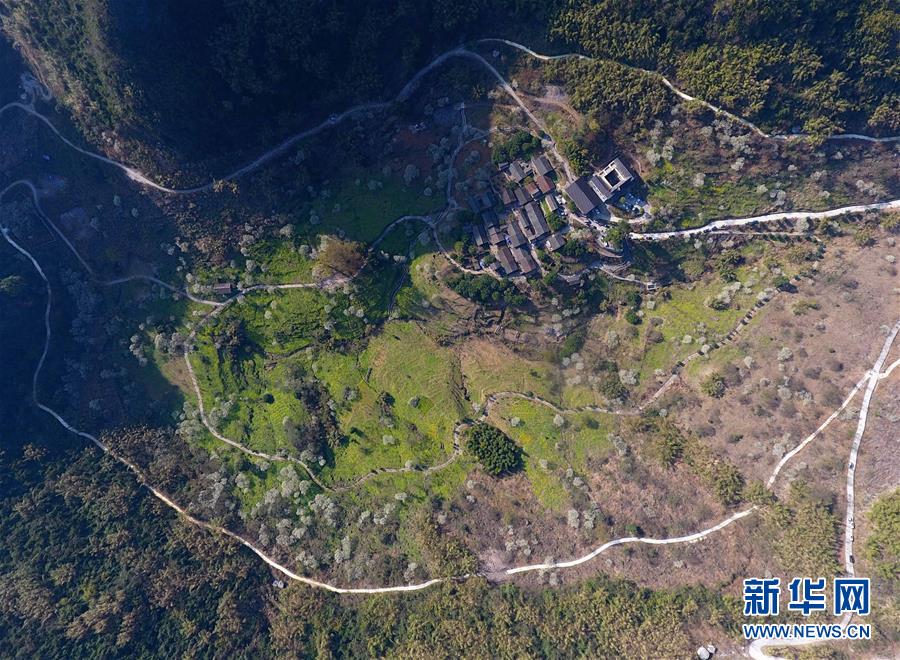To the average web surfer,"""inherent eroticism of trolling""" all the technical jargon around VPNs can get pretty overwhelming. Thankfully, understanding how you connect to the internet and how VPNs work is easier than you might think. Read on to learn what your IP address is and how you can hide it using a VPN.
You could go your entire internet life without ever thinking or even knowing about your Internet Protocol(IP) address. That’s because it hangs out in the background with layers of technology on top of it to make the whole web browsing experience more user-friendly.
At any given time you aren’t actually connected directly to the internet. You connect to a network — often a home or office, or sometimes a public network like in a coffee shop — that’s connected to the internet via an internet service provider (ISP).
Most of the time, you connect to the network through a router, which is responsible for assigning privateIP addresses to every device on the network.
This helps it routedata between devices so the right content is delivered to the right place. The IP address that websites “see” is the public IP address, which is assigned by your ISP and acts as a unique identifier for your entire network. That public IP address contains information such as the ISP it belongs to and the general location of the server you’re connected to, which could be a city or zip code.
What all this means is that when you talk about hiding your IP address, you’re effectively trying to hide the network you’re connected to and all the information attached to it.
Hiding your IP address is shockingly simple: Use a VPN, or virtual private network.
When you connect to a VPN, you send encrypted requests that your ISP forwards to one of your VPN’s servers that will deliver them to their final destination. During this process, the VPN masks your public IP address behind its own so that when your requests arrive, they look like they’re coming from that server instead of from your network.
See Also: We tested popular VPNs to see which was fastest. Here's what we found.
This is good news if you’re looking to access geo-restricted content; just connect to a server in the region you need to be in, and you’re good to go.
Some websites try to block access through VPNs by logging IP addresses known to belong to VPN servers.
If you’ve ever gotten a message like this, you know what I’m talking about.
 Credit: screengrab: netflix
Credit: screengrab: netflix This might lead you to think you should hide your VPN’s IP address as well, but that isn’t really the answer. Web traffic has to have an IP address connected to it, and traffic that flows through a VPN is no exception.
If you find that the IP address of a particular server is blocked by a website you’re trying to reach, your best options are to choose a different server or try a different VPN service.
(Editor: {typename type="name"/})
 The Babelio sound machine is for babies. I love it anyway.
The Babelio sound machine is for babies. I love it anyway.
 NASA is finally talking about UFOs: 'This is a serious business'
NASA is finally talking about UFOs: 'This is a serious business'
 China files WTO complaint over EV tariffs as trade talks stall · TechNode
China files WTO complaint over EV tariffs as trade talks stall · TechNode
 Huawei ramps up Mate 70 series production for November launch: report · TechNode
Huawei ramps up Mate 70 series production for November launch: report · TechNode
 Australia vs. India 2024 livestream: Watch 5th Test for free
Australia vs. India 2024 livestream: Watch 5th Test for free
Australia vs. India 2024 livestream: Watch 5th Test for free
 TL;DR:Live stream Australia vs. India for free on 7Plus. Access this free streaming site from anywhe
...[Details]
TL;DR:Live stream Australia vs. India for free on 7Plus. Access this free streaming site from anywhe
...[Details]
A star blew up, and scientists snapped a photo of the violent explosion
 Boom.Last month astronomers spotted a star that exploded in the colossal Pinwheel galaxy some 21 mil
...[Details]
Boom.Last month astronomers spotted a star that exploded in the colossal Pinwheel galaxy some 21 mil
...[Details]
NASA finds a harsh world possibly packed with volcanoes
 A team of exoplanet hunters has discovered a world that could be packed with gushing volcanoes. If t
...[Details]
A team of exoplanet hunters has discovered a world that could be packed with gushing volcanoes. If t
...[Details]
Walmart+ Week's laptop deals: Do your shopping elsewhere
 UPDATE: Jun. 21, 2024, 10:15 a.m. EDT We've checked all of the featured deals to make sure pricing a
...[Details]
UPDATE: Jun. 21, 2024, 10:15 a.m. EDT We've checked all of the featured deals to make sure pricing a
...[Details]
Meta says some AGI systems are too risky to release
 Since AI came into our world, creators have put a lead foot down on the gas. However, according to a
...[Details]
Since AI came into our world, creators have put a lead foot down on the gas. However, according to a
...[Details]
Scientists discover an exoplanet like a Star Wars world
 Any Star Wars fan has an image burned into their minds of a young windswept Mark Hamill wearing a gi
...[Details]
Any Star Wars fan has an image burned into their minds of a young windswept Mark Hamill wearing a gi
...[Details]
Wordle today: The answer and hints for June 22
 Can't get enough of Wordle? Try Mashable's free version now O
...[Details]
Can't get enough of Wordle? Try Mashable's free version now O
...[Details]
NASA finds a harsh world possibly packed with volcanoes
 A team of exoplanet hunters has discovered a world that could be packed with gushing volcanoes. If t
...[Details]
A team of exoplanet hunters has discovered a world that could be packed with gushing volcanoes. If t
...[Details]
Biggest Tech Fads of the Last Decade
Scotland vs. Hungary 2024 livestream: Watch Euro 2024 for free
 TL;DR:Watch Scotland vs. Hungary in Euro 2024 for free on BBC iPlayer. Access this free streaming pl
...[Details]
TL;DR:Watch Scotland vs. Hungary in Euro 2024 for free on BBC iPlayer. Access this free streaming pl
...[Details]
Robert Irwin weighed in on the 100 men vs one gorilla debate

Stunning Webb telescope photo shows an unbelievable number of galaxies

接受PR>=1、BR>=1,流量相当,内容相关类链接。